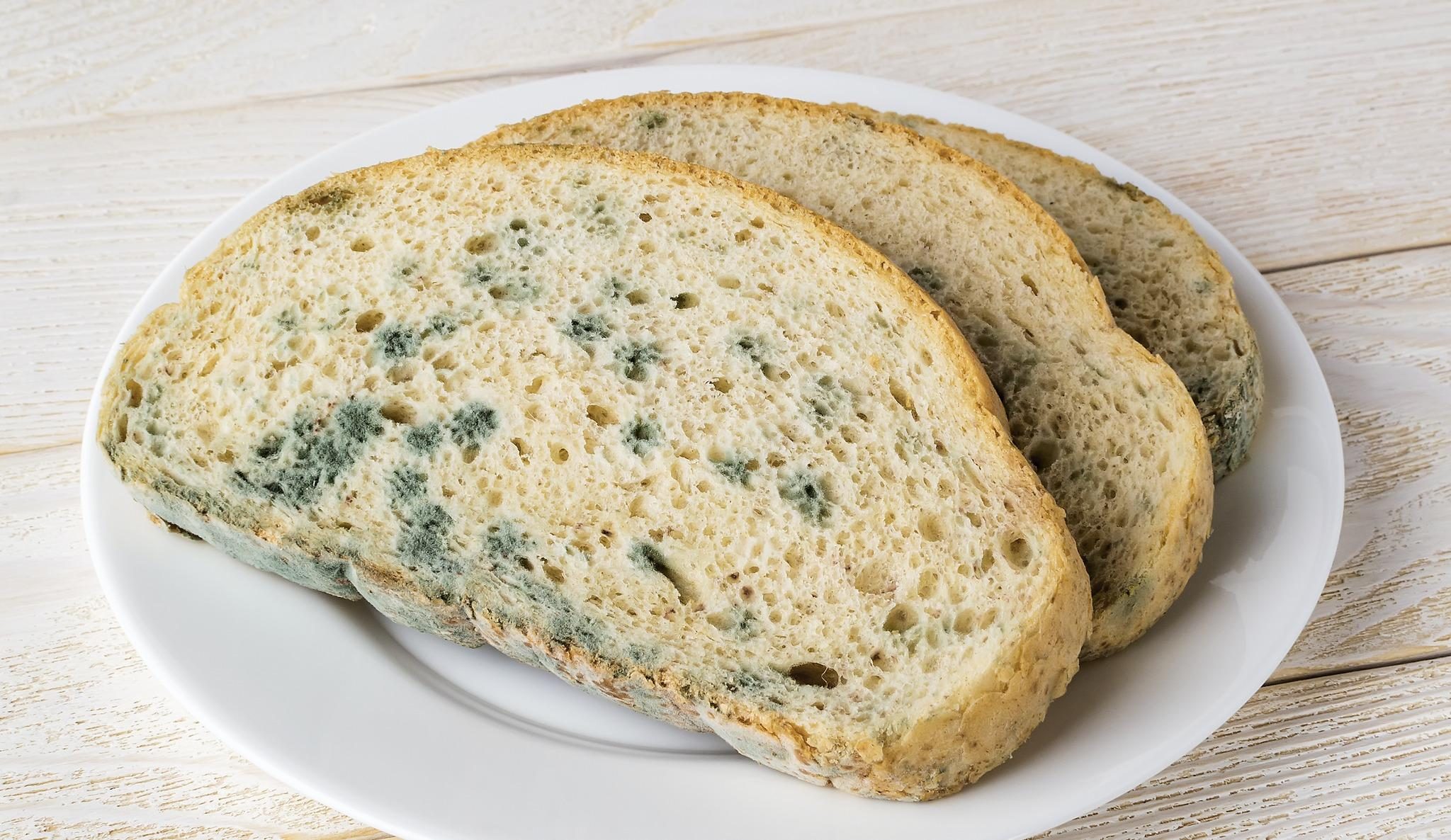10 Foods You Must Never Eat Past the Expiration Date
We don't encourage food wastage but it is crucial to publicise the importance of knowing just when to throw out expired foods. Although it's true that some foods are safe even when they are past their expiration date, you must know that that isn't always the case. Read on for 10 food items you must never eat once they've expired — better to be safe than in the ER!
;Resize,width=742;)
To begin, we want to brush up your knowledge on important dates to watch out for on canned foods:
- Sell-by date: How long the store has to display the product
- Use-by date: When manufacturer thinks the product will be at its peak quality
- Best if used by date: The best date for flavor and quality
- Closed by date or coded dates: The packing number that the manufacturer uses.
None of the above are expiration dates nor do they indicate whether food is safe for consumption or not. In fact, the FDA allows manufacturers to sell almost any food past these dates, with baby formula being the exception. What’s more, manufacturers aren’t required to put any of these dates on their food; the decision is totally up to them.
That's why you must always check food expiration dates; they'll help you stay away from food poisoning. Here are 10 food items you must never consume when expired:
1. Leafy Greens

Packaged leafy greens can harbour bacteria like E. coli because they’ve typically been touched by many hands during production. This also applies to leafy greens that have been left out on shelves. So it's best advised to thoroughly wash all types of greens before eating and never consume them after any date posted on the bag.
2. Ground Meats
The FDA says that ground meat is not safe for consumption after two days of purchase. If you have too much on hand, freeze them to preserve them for longer periods.
3. Deli Meat

Deli meat is prone to a bacteria called Listeria which can replicate even at low temperatures like in your refrigerator. So, they should never be eaten after expiration.
4. Soft Cheeses
Soft cheeses have shorter shelf lives than harder cheeses like cheddar or gouda. That's because they can easily be penetrated by bacteria and mold and cause food poisoning if consumed past their expiration date.
5. Fish

Fish are no less prone to bacteria than meat and should be consumed in one or two days after purchase. Otherwise, keep it tightly wrapped in a moisture-proof freezer paper or foil and freeze.
6. Jarred Condiments
Jarred condiments tend to have more exposure to bacteria and therefore could lead to foodborne illness if not trashed at the appropriate time. If you notice any water floating on top, discoloration, or weird smells, discard the condiment immediately and disinfect areas they may have splashed on during opening.
7. Cold-pressed Juice

Unlike typical processed juices which undergo pasteurization to eliminate harmful bacteria and increase shelf life, cold-pressed juices are not pasteurized, making them much more prone to bacteria contamination.
8. Shellfish
Like other seafood, raw shellfish can only last a day or two in the fridge before their bacteria can cause food poisoning. If you notice that they have a strange color or emit an unusual odor, throw it out immediately.
9. Potato Salad

Similar to jarred spreads like mayo and mustard, potato or egg salads are more susceptible to bacteria growth because they have more instances of exposure. Taking a few scoops at a time from the container introduces more bacteria and increases risk of contamination leading to foodborne illness.
10. Fresh Berries
Whether pre-packaged or otherwise, berries have a short lifespan. Raspberries and strawberries are only good for about three days after purchase, while blueberries can last a few days longer in the fridge. Therefore, it's best that you freeze berries that you won't be eating anytime soon.
Stay safe!
;Resize,width=767;)
;Resize,width=712;)
;Resize,width=712;)
;Resize,width=712;)
